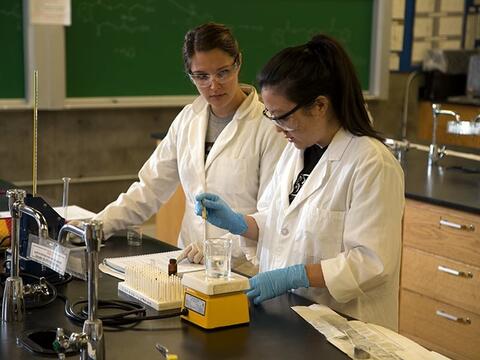
Chemistry & Biochemistry
Chemistry, the "central science," deals with the composition, structure, and properties of matter, especially in chemical reaction. The curriculum meets the needs of students intending to pursue advanced training in the sciences, medicine, and other professional and technical fields.

General Science
This program allows for curriculum flexibility to support advancing careers in science fields. It is designed for current and returning students who desire flexibility within the sciences to accommodate existing STEM coursework and can assist students who are seeking careers in health care, STEM (science, technology, engineering, mathematics) education, natural resource and energy utilization, and wildlife management.

Geoscience
Geoscience is an all-encompassing term used to refer to the earth sciences. Geoscientists strive to understand earth processes and study the origin and evolution of our planet; the chemical and physical properties of minerals, rocks, and fluids; the structure of our mobile crust; the history of life; and the human adaptation to earthquakes, volcanoes, landslides, and floods.
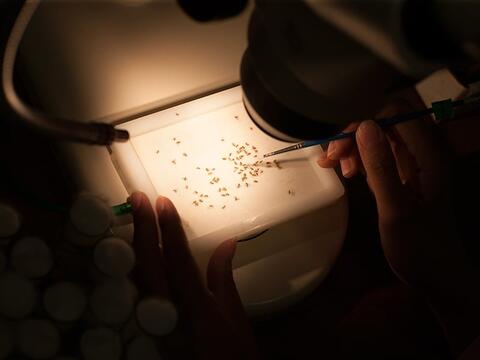
Life Sciences
Life sciences involves studies of living organisms and their life processes, including their evolution, and their relationships with other living organisms and our planet. Courses and programs are designed for those students pursuing professional careers in medicine, science, and science education.

Mathematical Sciences
Mathematics is the foundation for many technical and scientific fields. Mathematics aids and supplements our intuitions about the physical universe and about human behavior. The department of mathematical sciences provides a broad spectrum of courses and opportunities in mathematics and statistics.
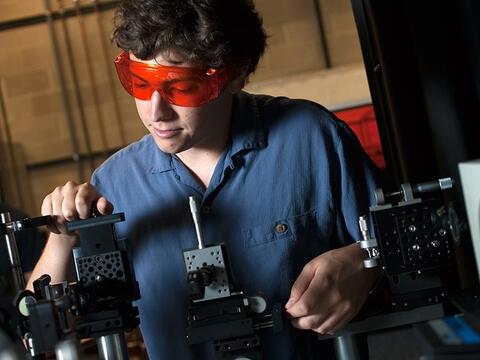
Physics and Astronomy
Physics and astronomy are two of the most basic and fundamental sciences. Physics is the study of matter, energy, motion, and force. Its concepts help us understand how the universe behaves. Astronomy studies the universe beyond the earth's atmosphere, including celestial objects and the formation and development of the universe.
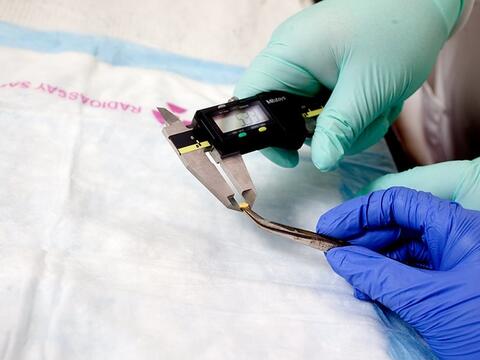
Radiochemistry
Radiochemistry is the discipline dedicated to the study of the chemical and physical properties of radioactive substances.
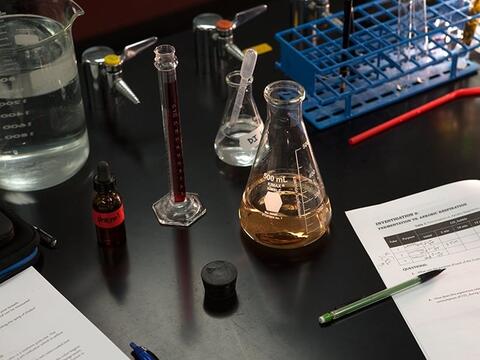
Minors
A minor allows a student to study aspects of a particular concentration that interests them and is focused on providing them general information about the field that they can use in their future career.